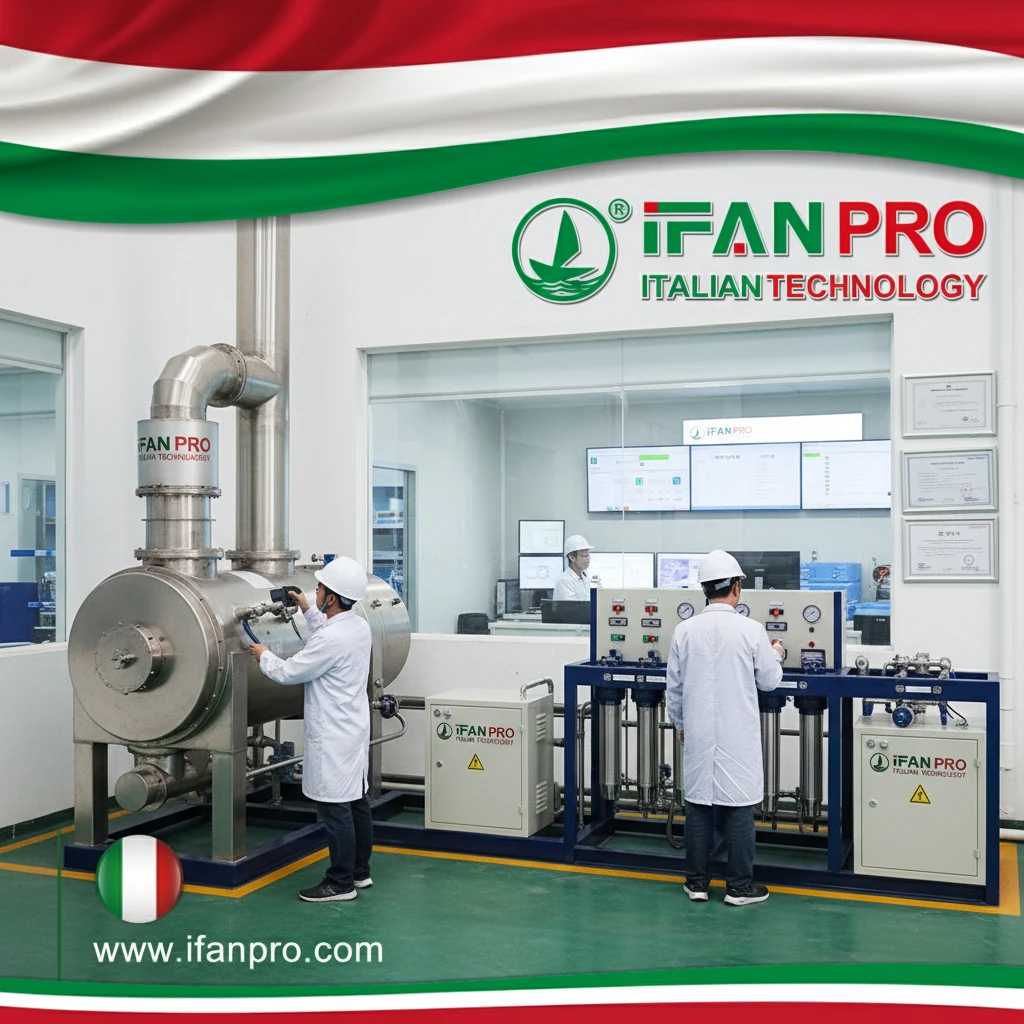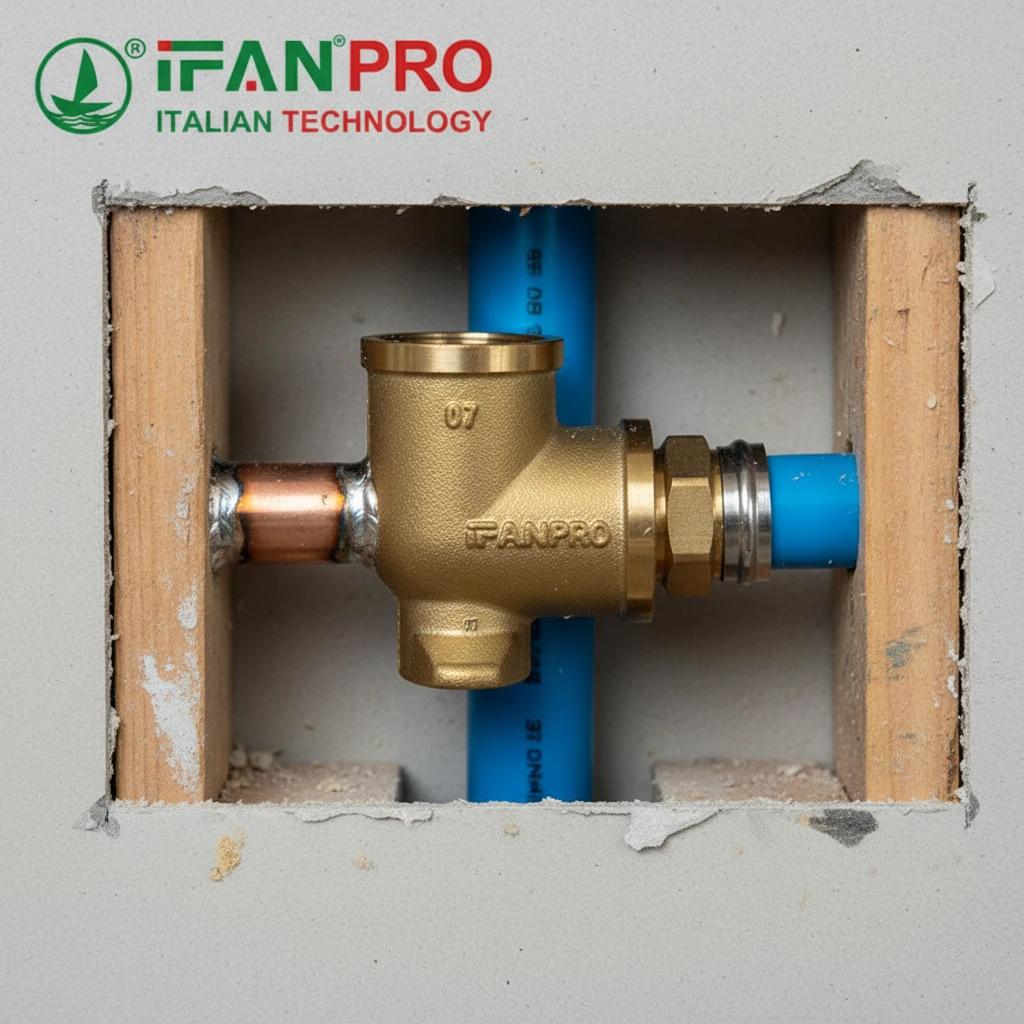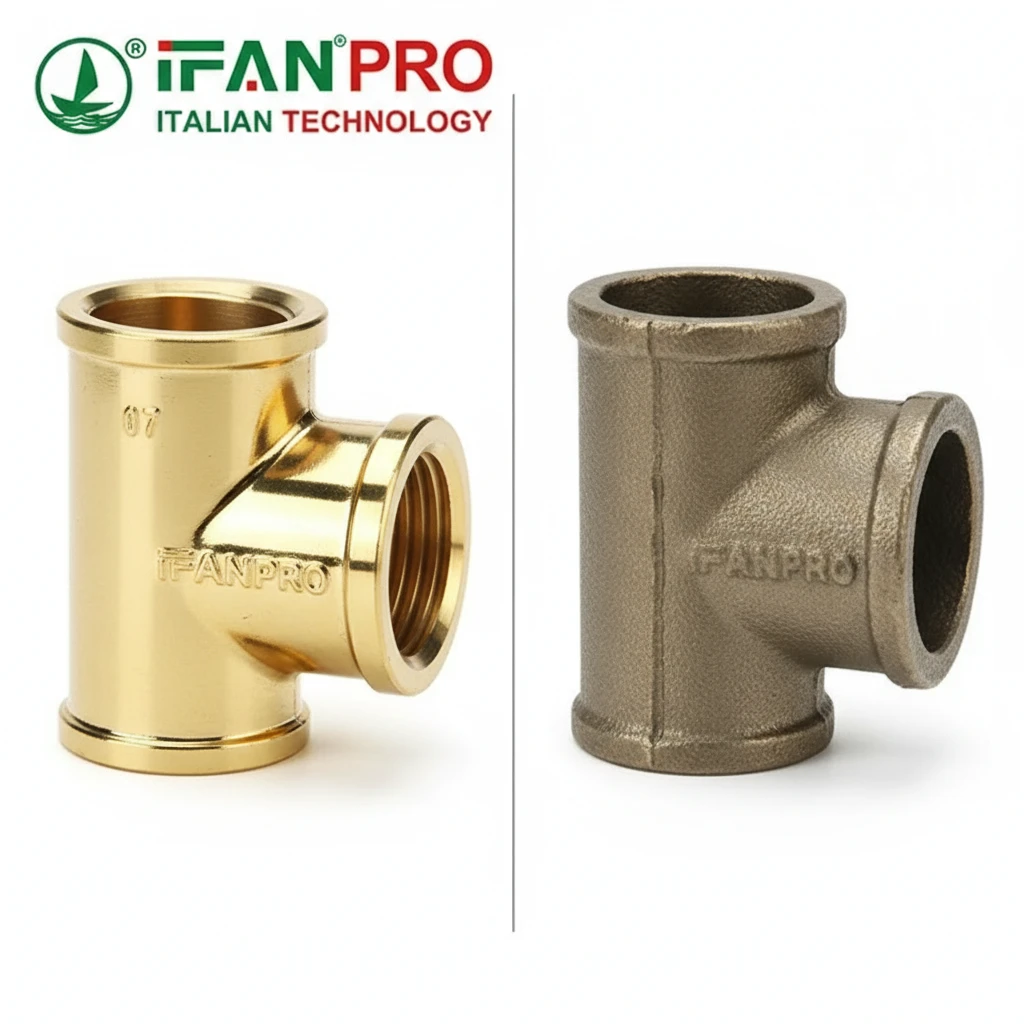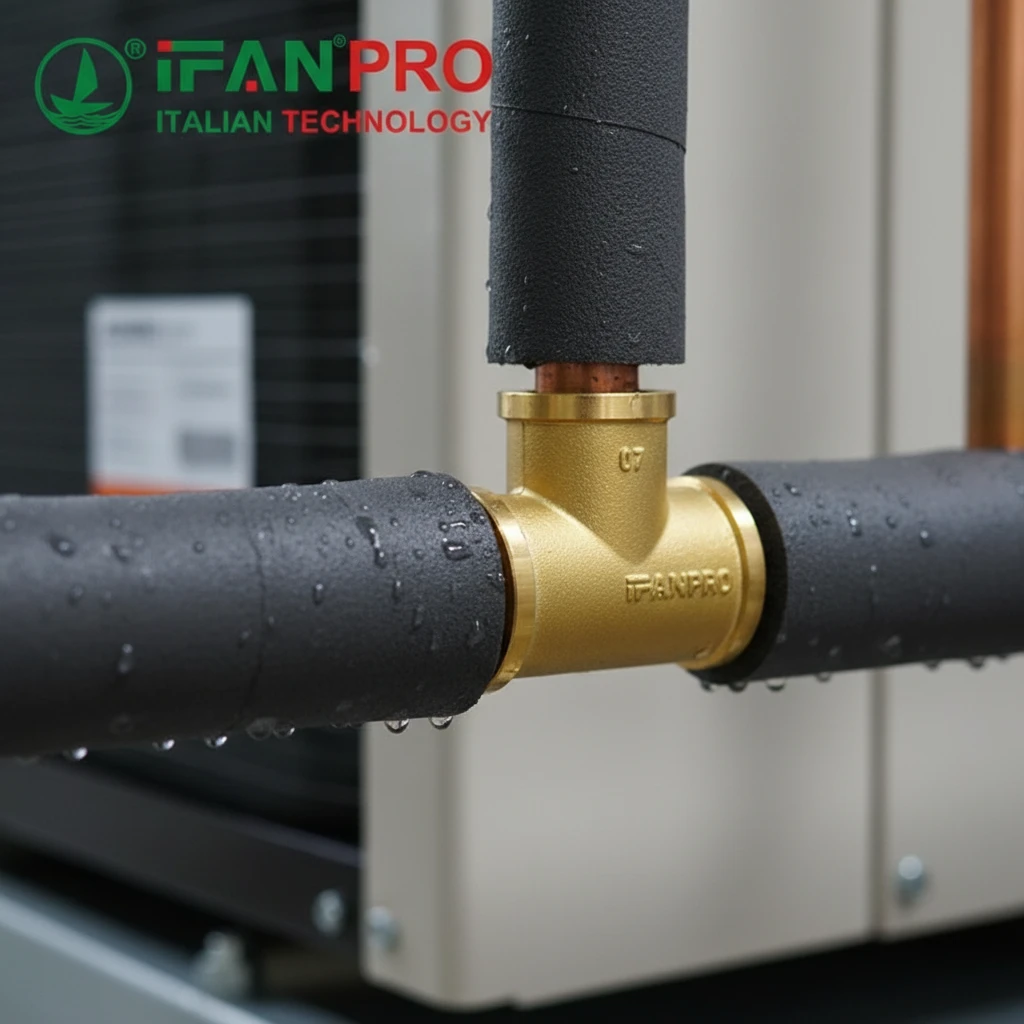In my years working with polymer supply chains, I’ve seen how choosing the wrong PVC resin supplier can disrupt entire production lines. Finding reliable partners is crucial for business success.
The best PVC resin manufacturers in the USA combine advanced production technology with strict quality control systems and comprehensive environmental compliance. They typically hold ISO 9001 quality management certification, NSF/ANSI 61 for potable water applications, and maintain transparent environmental permits demonstrating adherence to EPA regulations.
Understanding the American PVC resin manufacturing landscape requires careful analysis of several key factors. Let’s explore how to identify truly reliable partners.
How to Find Reliable PVC Resin Manufacturers in the United States?
Many companies struggle to identify manufacturers that consistently deliver quality products. I’ve helped numerous clients navigate this challenging process.
You can find reliable PVC resin manufacturers in the United States through industry associations like the American Chemistry Council’s PVC Division, specialized trade platforms such as ThomasNet, and by attending major plastic industry exhibitions like NPE. Additionally, requesting detailed technical documentation and visiting manufacturing facilities personally provides crucial verification of their capabilities.
Starting Your Search Effectively
Finding trustworthy PVC resin manufacturers requires a systematic approach rather than random online searches. The most effective method begins with industry associations, particularly the American Chemistry Council’s PVC Division. Their member list includes major manufacturers who have committed to responsible care principles and industry standards. This provides an initial layer of vetting before you even contact potential suppliers.
Trade platforms offer another valuable resource. ThomasNet remains a premier industrial sourcing platform in North America, featuring detailed profiles of PVC resin manufacturers including their capabilities, certifications, and contact information. Similarly, Kompass and GlobalSpec provide searchable databases that can be filtered by location, production capacity, and specialization. These platforms help create a long list of potential suppliers quickly.
Verification and Due Diligence
Once you identify potential manufacturers, thorough verification becomes essential. I always recommend these steps:
- Check manufacturing credentials including business licenses, production capacity data, and equipment lists
- Request reference projects from existing clients in similar industries
- Review financial stability through business credit reports from agencies like Dun & Bradstreet
- Analyze production capabilities by requesting details about their reactor technology, compounding facilities, and quality control laboratories
Industry Networking and Events
Participating in industry events provides unparalleled access to manufacturers. The NPE Plastics Show, held every three years in Orlando, gathers virtually all major North American PVC resin producers. Similarly, the Plastics Industry Association events and regional plastic expos offer networking opportunities where you can meet manufacturer representatives face-to-face. These interactions often reveal more about a company’s professionalism and capabilities than weeks of online research.
Evaluating Manufacturer Capabilities
Use this table to compare potential suppliers systematically:
| Evaluation Criteria | Basic Supplier | Quality Supplier | Premium Supplier |
|---|---|---|---|
| Production Capacity | Single production line, limited output | Multiple lines, moderate capacity | Multiple locations, high capacity with backup |
| Technical Support | Basic product information only | Limited technical assistance | Dedicated technical team, formulation support |
| Quality Certifications | Basic quality control only | ISO 9001 certified | Multiple certifications including specific industry standards |
| R&D Capabilities | No R&D department | Limited product development | Full R&D center with custom formulation services |
The most reliable manufacturers typically welcome facility audits and provide transparent information about their operations. Be cautious of suppliers who resist such verification or provide vague answers to specific technical questions.
What Quality Certifications Should US PVC Resin Manufacturers Possess?
Quality certifications separate serious manufacturers from marginal operations. Through our partnerships, we’ve learned which certifications truly matter.
US PVC resin manufacturers should possess ISO 9001 for quality management systems, NSF/ANSI 61 for potable water applications, UL recognition for electrical applications, and REACH compliance for chemical safety. Additionally, FDA compliance for food contact applications and specific industry certifications like ASTM standards provide further quality assurance.

Essential Quality Management Certifications
The foundation of reliable PVC resin manufacturing begins with robust quality management systems. ISO 9001 certification demonstrates the manufacturer has implemented systematic processes for consistent quality control. This international standard covers all aspects from raw material procurement to final product testing and customer service. When evaluating manufacturers, always verify their ISO 9001 certification is current and scope-covered PVC resin production.
Beyond basic quality management, industry-specific certifications provide crucial product performance guarantees. For plumbing and water system applications, NSF/ANSI 61 certification is non-negotiable. This certification verifies the PVC resin meets strict health effects requirements for drinking water system components. Similarly, UL recognition indicates the resin meets safety standards for electrical applications, particularly important for wire and cable insulation.
Material Performance and Safety Certifications
Different applications require different certification emphases:
- For construction applications: ASTM D1784 establishes material classification and provides minimum requirements for PVC compounds
- For medical devices: USP Class VI certification indicates biocompatibility testing for medical applications
- For food contact: FDA compliance through 21 CFR 177.2600 ensures safety for food packaging and handling
- For environmental safety: REACH compliance demonstrates proper chemical substance registration and safe use
Understanding Certification Scope and Limitations
Not all certifications carry equal weight. Some manufacturers obtain “umbrella certifications” that cover limited products or facilities. Always request certification documents and verify they specifically include the PVC resin grades you’re purchasing. Additionally, check the certification bodies themselves – reputable independent laboratories like UL, NSF, and Underwriters Laboratories provide more reliable verification than lesser-known organizations.
Key Certification Requirements by Application
This table outlines essential certifications for different PVC resin applications:
| Application Area | Mandatory Certifications | Recommended Certifications |
|---|---|---|
| Potable Water Pipes | NSF/ANSI 61 | ISO 9001, ASTM D1784 |
| Electrical Conduit | UL Recognition | ISO 9001, REACH Compliance |
| Medical Devices | USP Class VI | ISO 13485, FDA Compliance |
| Food Packaging | FDA Compliance | ISO 9001, GMP Certification |
| General Purpose | ISO 9001 | ASTM Standards, REACH |
The most reliable manufacturers maintain comprehensive certification portfolios and willingly provide documentation. They also typically participate in voluntary industry programs like the Vinyl Sustainability Council, demonstrating commitment beyond minimum requirements.
What Are the Key Selection Criteria When Choosing American PVC Resin Suppliers?
Selecting the wrong supplier can cause production disruptions and quality issues. We’ve developed a thorough evaluation framework based on hard experience.
The key selection criteria when choosing American PVC resin suppliers include production capacity and consistency, technical support capabilities, quality assurance systems, logistics and distribution network, and overall cost-effectiveness beyond just price. Additionally, consider their financial stability, industry reputation, and ability to provide consistent material characteristics across different production batches.
Technical and Production Capabilities
The most fundamental selection criteria involve technical capabilities and production consistency. Evaluate the manufacturer’s production technology – modern reactor systems with advanced control technology typically deliver more consistent resin quality than older equipment. Consider their average production batch size and how they manage lot-to-lot consistency. Manufacturers with statistical process control systems and real-time monitoring typically provide superior product uniformity.
Production capacity relative to your requirements is equally important. A manufacturer operating near maximum capacity may struggle with additional orders during peak demand, potentially causing supply disruptions. Conversely, manufacturers with significant excess capacity might offer more flexible order quantities and faster delivery times. Always verify their actual production utilization rates and expansion plans.
Quality and Technical Support
Quality assurance extends beyond certifications to practical implementation:
- Laboratory capabilities: On-site testing laboratories with advanced equipment like rheometers, spectrophotometers, and mechanical testers indicate serious quality commitment
- Technical support availability: Responsive technical teams that can assist with processing issues or formulation adjustments provide significant value
- Documentation completeness: Comprehensive technical data sheets, material safety data sheets, and certificates of analysis with each shipment demonstrate thorough quality systems
- Continuous improvement: Manufacturers actively engaged in process optimization and product development typically deliver better long-term value
Logistics and Supply Chain Considerations
Reliable delivery capabilities often determine production continuity. Evaluate the manufacturer’s distribution network, warehouse locations, and inventory management practices. Suppliers with multiple distribution centers or strategic partnerships with bulk logistics providers typically offer more reliable delivery. Consider their track record for on-time delivery and how they handle logistics disruptions or emergency orders.
Comprehensive Supplier Evaluation Framework
Use this detailed evaluation framework to compare potential suppliers:
| Evaluation Category | Specific Criteria | Weighting | Scoring (1-10) |
|---|---|---|---|
| Technical Capability | Production technology, R&D resources, technical documentation | 25% | |
| Quality Systems | Certifications, testing capabilities, quality control processes | 25% | |
| Supply Reliability | Production capacity, inventory management, delivery performance | 20% | |
| Commercial Terms | Pricing structure, payment terms, minimum order quantities | 15% | |
| Service & Support | Technical support, responsiveness, problem-solving approach | 15% |
Financial stability represents another crucial but often overlooked criterion. Manufacturers with strong financials are better positioned to weather market fluctuations, invest in technology upgrades, and maintain consistent production. Tools like D&B credit reports provide insight into their financial health and business longevity.
How Do US PVC Resin Manufacturers Ensure Environmental Compliance Standards?
Environmental compliance has become increasingly stringent in PVC manufacturing. We’ve witnessed the industry’s evolution toward more sustainable practices.
US PVC resin manufacturers ensure environmental compliance through comprehensive environmental management systems typically certified to ISO 14001, strict adherence to EPA regulations including Clean Air Act and Clean Water Act requirements, implementation of pollution prevention technologies, and voluntary participation in industry initiatives like the Vinyl Institute’s Responsible Care program that goes beyond regulatory minimums.
Regulatory Compliance Framework
The foundation of environmental compliance in US PVC manufacturing rests on strict adherence to Environmental Protection Agency regulations. Key regulatory areas include air emissions control under the Clean Air Act, wastewater management under the Clean Water Act, and hazardous waste management under the Resource Conservation and Recovery Act. Manufacturers must obtain and comply with detailed permits for each of these areas, with regular reporting and monitoring requirements.
The most environmentally responsible manufacturers implement Integrated Environmental, Health, Safety, and Security Management Systems. These systems establish systematic approaches to identifying environmental aspects, assessing impacts, setting objectives and targets, and implementing operational controls. Many leading manufacturers pursue third-party certification to ISO 14001, which provides independent verification of their environmental management systems.
Emission Control and Pollution Prevention
Modern PVC resin manufacturing employs multiple technologies to minimize environmental impact:
- Vinyl chloride monomer (VCM) controls: Advanced containment systems, monitoring equipment, and destruction technologies minimize VCM emissions throughout production
- Wastewater treatment: Sophisticated treatment systems remove suspended solids, heavy metals, and other contaminants before water discharge or recycling
- Solid waste management: Comprehensive programs address catalyst recovery, product purification wastes, and container management
- Energy efficiency: Modern manufacturing facilities implement energy recovery systems and process optimization to reduce overall environmental footprint
Voluntary Initiatives and Sustainability Programs
Beyond regulatory compliance, leading manufacturers participate in voluntary environmental initiatives. The Vinyl Institute’s +Vantage Vinyl verification program represents the industry’s commitment to sustainability, requiring participants to meet specific performance criteria in areas like emissions reduction, safety performance, and community engagement. Similarly, many manufacturers participate in the OSHA Voluntary Protection Program, demonstrating excellence in worker safety and health protection.
Environmental Compliance Requirements by Area
This table outlines key compliance areas and typical control measures:
| Compliance Area | Regulatory Framework | Common Control Measures |
|---|---|---|
| Air Emissions | Clean Air Act, NESHAP | Thermal oxidizers, carbon adsorption, continuous monitoring |
| Water Management | Clean Water Act, NPDES | Biological treatment, chemical precipitation, filtration |
| Waste Management | RCRA, State Regulations | Recycling, treatment, secure disposal, manifest tracking |
| Chemical Safety | TSCA, EPCRA | Chemical inventory reporting, risk management plans |
| Community Right-to-Know | SARA Title III | Toxics Release Inventory reporting, community communication |
Transparent environmental reporting has become increasingly important. Leading manufacturers publish sustainability reports detailing their environmental performance, improvement goals, and progress metrics. They also typically engage with local communities through outreach programs and regularly participate in third-party environmental audits beyond regulatory requirements.
Conclusión
Choosing the right PVC resin manufacturer requires careful evaluation of quality systems, production capabilities, and environmental compliance. For reliable PVC compounds backed by global supply chain expertise, consider IFAN‘s comprehensive polymer solutions.














Comentarios recientes